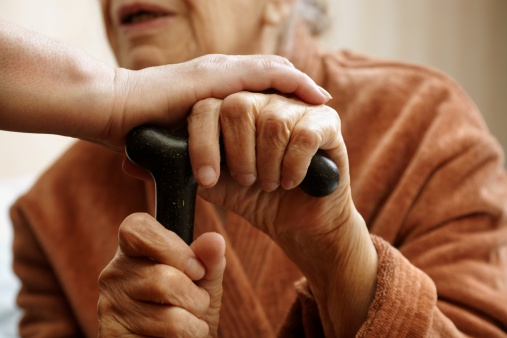Pavilion Publishing and Media Ltd
Blue Sky Offices Shoreham, 25 Cecil Pashley Way, Shoreham-by-Sea, West Sussex, BN43 5FF, UNITED KINGDOM
 People who see old age as a time of loneliness or expect to be lonely in old age are two to three times more likely to feel alone in later life according to a new study.
People who see old age as a time of loneliness or expect to be lonely in old age are two to three times more likely to feel alone in later life according to a new study.
Brunel University London found that expectations and stereotypes of a lonely old age are predictors of actual loneliness. In a sample of “not lonely” people over the age of 50 years old, a third expected to be lonely and a quarter agreed that old age is a time of loneliness.
Those with negative stereotypes were twice as likely to report being lonely eight years later and those with low expectations were almost three times more likely to feel this way.
Report author and Professor of Gerontology and Public Health at Brunel University London, Christina Victor, said: “It is highly significant to discover this link between age stereotypes and the experience of loneliness, with all its accompanying quality of life, health and social problems.
“It raises the potential for preventing loneliness in later life. The tools we have to do this at the moment, such as befriending services and group activities, have been largely unsuccessful. The influence of individuals’ beliefs and expectations on loneliness suggests that mass ‘change’ campaigns may be more effective in combating loneliness than the services currently offered.”
The findings were drawn from an analysis of responses to the English Longitudinal Study of Ageing (ELSA) overlaid with variables such as gender, age, work and socio-economic status, education level, relationship status, self-reported health, depression indicators and a response to how old participants felt versus their age. Crucially, the influence of expectations and stereotypes remained remarkably consistent in the face of this wide range of factors.
This is especially significant given the willingness of younger people to accept the stereotype of old age as a time of insecurity, poor health and loneliness – a notion that has persisted in research findings since the 1950s. The new research could also shed light on the higher rates of loneliness in England compared with Europe where expectations and stereotypes about old age are quite different.
Read the findings of the study in full at http://www.tandfonline.com/doi/full/10.1080/13607863.2015.1023767#.VUNBbXZwb5o



Comments are closed.